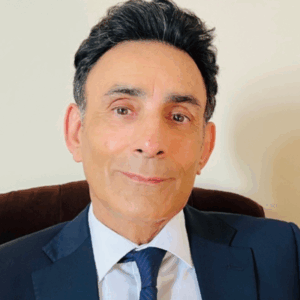

When intrusive thoughts loop nonstop and rituals steal hours from your day, it can feel like life is on pause. Our OCD treatment in Lexington, KY, offers a flexible OCD treatment program that targets both obsessions and compulsions with proven strategies.
Choose Partial Hospitalization (PHP) for all-day structure, Intensive Outpatient (IOP) for a part-time schedule, or weekly Outpatient sessions each led by clinicians certified in Exposure & Response Prevention (ERP).
If symptoms spike, we coordinate rapid transfers to inpatient stabilization and welcome you back for step-down care. One call to 859-681-7823 initiates a personalized plan to help you break the cycle and move forward.

Obsessive Compulsive Disorder (OCD) is marked by distressing thoughts (obsessions) and repetitive actions (compulsions) performed to reduce anxiety. Effective OCD Treatment combines medication, typically high-dose SSRIs or, in some cases, atypical antipsychotics, with gold-standard Exposure & Response Prevention (ERP).
At our center, ERP sessions are delivered in an outpatient format, allowing you to practice resisting rituals in real-world settings and process wins or setbacks the following day. Therapy rooms include “trigger stations” that simulate common fears, contamination, checking, and symmetry while clinicians coach you through the urge to ritualize.
Weekly medication reviews ensure side effects are minimal and serotonin levels remain optimal. Together, these elements create a dynamic plan that chips away at OCD’s grip while letting you stay rooted in daily life, exactly what OCD treatment in Lexington, KY, is designed to do.
OCD obsessions involve repetitive urges, states of mind, intrusive thoughts, and mental images that cause major worry or concern in the sufferer. These symptoms include:
OCD compulsions involve repetitive actions, rituals, and urges. OCD sufferer feels they must comply with compulsions in order to remain “in control” or to prevent a tragedy. These manifest in symptoms that include, but are not limited to:
Both obsessions and compulsive behaviors are common among those who do not suffer from OCD. However, an OCD sufferer has several distinct traits. Those suffering from OCD do not get pleasure from their compulsions and obsessions. Rather, they feel obligated to perform them, lest something bad happens.
Furthermore, those suffering from OCD repeat these processes daily, often for an hour or more a day. Sufferers of OCD also may know that their actions and thoughts are excessive, and may not solve anything, but still feel obligated to perform them. Another trait of those suffering from OCD is their obsessions or compulsion which have a negative effect on their school work, career, or social life.

Set yourself free from the struggles of addiction and co-occurring mental health disorders. Reach out to our treatment team in Lexington, Kentucky today.
While many people who suffer from OCD may experience similar signs and symptoms, there are five subcategories in which most forms of OCD fall into. This does not mean that a person suffering from one sub-type cannot exhibit traits from another or even develop traits associated with a different sub-type over a period of time. Many people suffering from OCD find their obsessions and compulsions growing more and more severe and life-altering as time with no effective relief or treatment goes on.
The five most common subcategories of OCD include:
Anxiety, compulsion, and obsession surrounding a need to constantly check and re-check something out of fear that harm may be caused if they fail to do so. This may include checking locks, stove tops, and lights, for example.
This stems from anxiety, compulsions, and obsessions surrounding illness, germs, toxins, and other forms of contamination. This may involve extreme levels of cleanliness or compulsory hand washing or hand sanitizing.
Intrusive thoughts are unwanted ideas, images, or mental states of being that cause anxiety, fear, and stress. This form may involve constant obsession over a real or imagined idea or threat.
Organizational OCD involves the need for order, symmetry, and other forms of structure. This can show up as arrangement, planning, or needing coordination.
Rumination includes intrusive thoughts that are sometimes pleasurable rather than distressing. This may cause a person to spend a great deal of time pondering a given idea or past event in a self-indulgent state. This can lead to feelings of anxiety and distress as these indulgences turn into obsessions.
An accredited OCD treatment center offers a range of support beyond a typical therapy office. You’ll meet regularly with a psychiatrist for dose optimization, nurses who track sleep, blood pressure, and weight, and ERP-certified therapists who guide individualized OCD Therapy sessions.
Digital symptom-tracking tools flag spikes between visits, enabling immediate adjustments to the plan. Family education groups teach loved ones to stop “accommodating” rituals, an evidence-based step that speeds progress.
Care coordinators handle insurance authorizations and schedule follow-ups so administrative stress never fuels obsessions.
By integrating medical oversight, specialized OCD therapy, and practical life coaching, the center builds a comprehensive roadmap from first exposure exercise to long-term maintenance, giving you the confidence to reclaim routines once ruled by compulsions.
At Lexington Addiction Center, we understand how difficult day-to-day life can be while living with an untreated obsessive-compulsive disorder. Fortunately, we offer options and treatment modalities to help someone or their loved one recover. This can also help them develop healthy coping mechanisms, and live a life free from the hardships of OCD.
OCD treatment in Lexington is the first step in one’s journey to lasting recovery. Included in our options for OCD treatment in Lexington are:
Role in Obsessive Compulsive Disorder (OCD) Therapy:
Gold-standard OCD Therapy that gradually exposes you to triggers while blocking rituals, retraining the brain’s alarm system
Role in Obsessive Compulsive Disorder (OCD) Therapy:
Teaches you to allow anxious thoughts without acting on them, then pivot toward value-based action.
Role in Obsessive Compulsive Disorder (OCD) Therapy:
Lowers autonomic arousal, so obsessions lose their urgency.
Role in Obsessive Compulsive Disorder (OCD) Therapy:
On-site psychiatrist adjusts high-dose SSRIs or augments with atypical antipsychotics when needed.
Role in Obsessive Compulsive Disorder (OCD) Therapy:
Coaches loved ones to stop “accommodating” compulsions and set supportive boundaries.
Role in Obsessive Compulsive Disorder (OCD) Therapy:
For co-occurring substance misuse, it integrates craving control so alcohol or drugs don’t replace rituals.
These tools are woven into every PHP, IOP, and OP track, letting your OCD therapy evolve as symptoms improve while ensuring exposure practice, medication, and family support move in lockstep.
Yes. When compulsions trigger self-harm risk, nonstop rituals cause dehydration or infection, or intrusive thoughts edge toward psychosis, our clinical team arranges rapid transfer to a partner hospital for round-the-clock inpatient OCD stabilization. We handle transportation records in advance and serve as your primary contact point for hospital staff to deliver intensive care, including IV medication, nutritional support as needed, and 24/7 monitoring.
Average stays last 5–10 days, long enough for patients to regain sleep, hydration, and medication adherence. Discharge planning happens from day one.
Once the acute danger has passed, you transition back into ERP labs, medication reviews, and family coaching within our outpatient program, creating a seamless bridge from crisis to long-term resilience.
Research shows up to 30 percent of people with OCD also battle substance misuse, and many carry a trauma history that intensifies intrusive thoughts. Our OCD treatment programs start with dual-diagnosis screening: clinicians look for PTSD flashbacks, social-anxiety layers, and alcohol-or-drug coping patterns.
If cravings surface, Medication-Assisted Treatment (MAT) eases withdrawal while ERP continues at a trauma-informed pace—gradual exposures, extra grounding exercises, and safety planning.
Group sessions link obsession triggers to relapse cues, teaching alternative stress releases like mindfulness or biofeedback.
By weaving addiction medicine, trauma processing, and classic ERP into one blueprint, we keep progress synchronized instead of pulling you in separate directions—key to lasting relief in complex cases.
Expect a clear routine. The PHP OCD treatment program meets five days a week for 25–30 hours total. Mornings open with mindfulness or light cardio to dial down baseline anxiety, followed by ERP “lab” blocks where you face triggers, door handles, stovetop knobs, and intrusive images under therapist guidance.
Twice-weekly individual sessions focus on cognitive restructuring and include home exposures.
After lunch, medication check-ins ensure SSRIs stay therapeutic, and afternoon skills groups cover ACT, emotion regulation, and relapse-prevention for any co-occurring substance use. Evening family workshops run once a week.
Stepping into IOP reduces the load to 9–15 hours across three to five days; you’ll still attend at least one ERP lab, one individual session, and a peer support circle each week, providing plenty of structure while being flexible enough for work or school.
Most intensive OCD treatment programs run about six weeks in PHP, a span long enough to complete 15–20 supervised ERP sessions and stabilize meds. Clients then shift into IOP for eight to twelve weeks, where exposures move into real-world settings (grocery stores, highways, public restrooms) while therapist check-ins taper.
After IOP, alumni groups meet monthly for booster ERP practice and accountability, and your psychiatrist oversees long-term medication maintenance every six to eight weeks. Some people opt for periodic “tune-up” sessions, light treatment programs for OCD lasting a week or two whenever life stressors spike.
Duration is always adjusted to match symptom severity, response speed, and personal goals, ensuring care is both thorough and personalized.
Finances shouldn’t fuel obsessions. Our admissions team offers free, confidential insurance verification for OCD Treatment in Lexington, KY, typically within an hour. We accept Anthem Blue Cross Blue Shield, Aetna, Cigna, Humana, UnitedHealthcare, and most PPO plans. We’ll outline deductibles and copays for you to start.
If coverage is limited, ask about sliding-scale fees or zero-interest payment plans so cost never derails recovery.

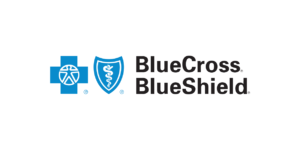
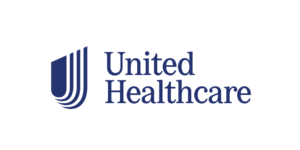

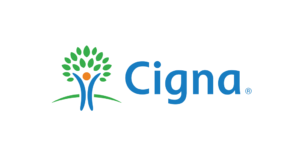

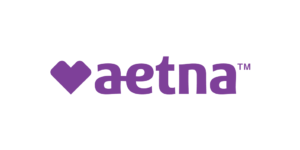
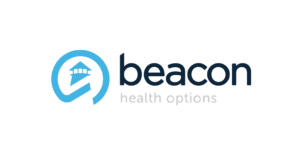
At Lexington Addiction Center, we have the tools necessary to help you recover safely and effectively from obsessive-compulsive disorder. Our knowledgeable and compassionate staff of professionals are available to help you during every step of your recovery journey.
Here at Lexington Addiction Center, we understand how impactful a mental health condition like OCD can be on a person’s life. Fortunately, we also know that through proven and effective treatment, those suffering from OCD can find relief, and live a life free from the hardships that mental health disorders can bring. There has never been a better time to find relief from your OCD symptoms.
Contact us about OCD treatment in Lexington today, and take the first steps in your journey to lasting wellness.
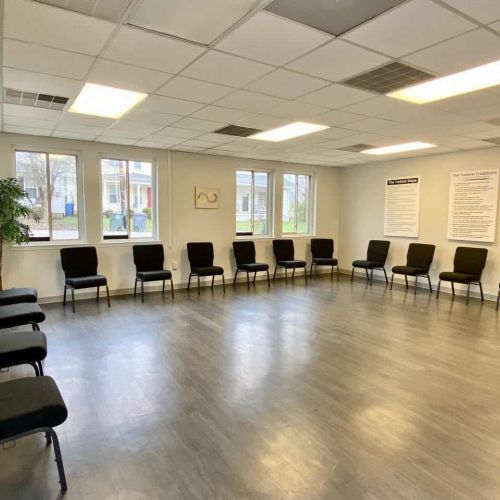





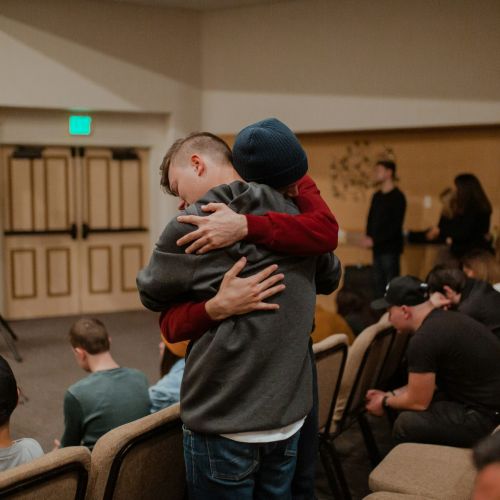

Get Family Support Now
We understand addiction affects the whole family. Our comprehensive family program helps rebuild trust and restore relationships.
Weekly Family Therapy Sessions
Educational Workshops
Support Groups
Communication Skills Training
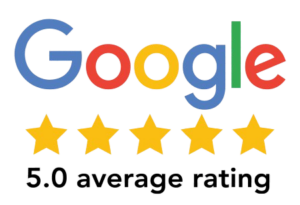
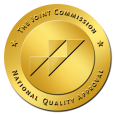



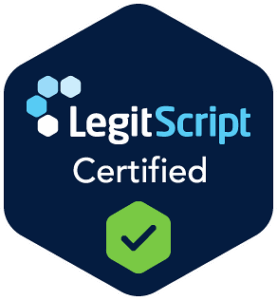
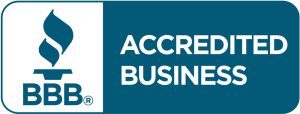
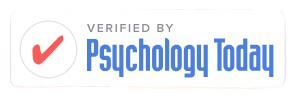


American Psychiatric Association. (2007). Practice guideline for the treatment of patients with obsessive-compulsive disorder. https://psychiatryonline.org/pb/assets/raw/sitewide/practice_guidelines/guidelines/ocd.pdf Psychiatry Online
Mao, L., Hu, M., Luo, L., Wu, Y., Lu, Z., & Zou, J. (2022). The effectiveness of exposure and response prevention combined with pharmacotherapy for obsessive–compulsive disorder: A systematic review and meta-analysis. Frontiers in Psychiatry, 13, 973838. https://doi.org/10.3389/fpsyt.2022.973838 Frontiers
Olatunji, B. O., Davis, M. L., Powers, M. B., & Smits, J. A. J. (2013). Cognitive-behavioral therapy for obsessive–compulsive disorder: A meta-analysis of treatment outcome and moderators. Journal of Psychiatric Research, 47(1), 33–41. (Head-to-head CBT/SRI meta-analyses; representative example) https://doi.org/10.1016/j.jpsychires.2012.08.020 ScienceDirect
NICE. (2005). Obsessive-compulsive disorder and body dysmorphic disorder: Treatment (CG31). National Institute for Health and Care Excellence. https://www.nice.org.uk/Guidance/CG31 — see also 2019 surveillance review. NICE+1
Soomro, G. M., Altman, D., Rajagopal, S., & Oakley-Browne, M. (2008). Selective serotonin reuptake inhibitors (SSRIs) versus placebo for obsessive compulsive disorder (OCD). Cochrane Database of Systematic Reviews, 2008(1), CD001765. https://www.cochrane.org/evidence/CD001765_selective-serotonin-re-uptake-inhibitors-ssris-versus-placebo-obsessive-compulsive-disorder-ocd Cochrane
Bloch, M. H., McGuire, J., Landeros-Weisenberger, A., Leckman, J. F., & Pittenger, C. (2010). Meta-analysis of the dose–response relationship of SSRI in obsessive–compulsive disorder. Molecular Psychiatry, 15(8), 850–855. https://www.nature.com/articles/mp200950.pdf Nature
Mancebo, M. C., Eisen, J. L., Pinto, A., et al. (2022). The effect of exposure and response prevention therapy on obsessive–compulsive disorder: Meta-analysis of randomized trials. Psychiatry Research, 316, 114789. https://doi.org/10.1016/j.psychres.2022.114789 ScienceDirect
APA. (n.d.). Clinical practice guidelines (overview page). Retrieved October 9, 2025, from https://www.psychiatry.org/psychiatrists/practice/clinical-practice-guidelines American Psychiatric Association
VA/DoD. (n.d.). Clinical practice guidelines (program overview). Retrieved October 9, 2025, from https://www.healthquality.va.gov/ (program site) and https://health.mil/About-MHS/OASDHA/DVPO/VADOD-CPGs (catalog). Health Quality VA+1

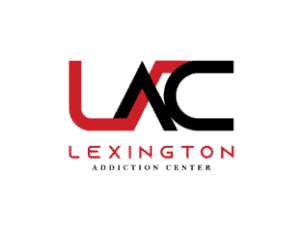
Addiction and co-occurring disorders don’t have to control your life. Lexington Addiction Center is waiting with open arms to give you the tools necessary for lasting change. Reach out to us today to learn more.